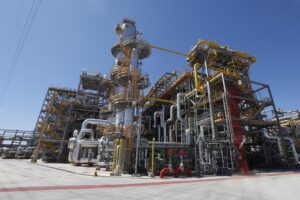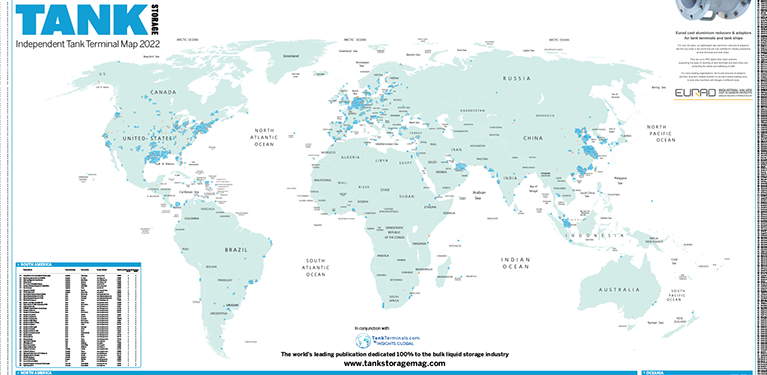Cepsa Química discusses its journey towards sustainable product solutions and the new reality in the chemicals market.
LAB is an organic compound primarily used as an intermediate to produce LAS and LABSA, categorised as surfactants. LAS is the most consumed surfactant, supported by its strong technical performance, mainly used for home care applications. LABSA is also used in light-duty liquids (LDL), heavy-duty liquids (HDL), and unit dose applications (tablets and capsules) in laundry care and dishwashing and surface care products.
Cepsa Química has redirected conventional LAB manufacturing by moving away from traditional fossil- based materials and reducing GHG emissions during production.
LAB has commonly been produced of both paraffins and benzene. Depending on the paraffin used, the molecular weight of the final surfactant can be tuned, making it more suitable for a particular application.
DETAL technology allowed Cepsa Química to produce LAB and LABSA with a higher 2-Phenyl content. Cepsa Química’s new technology, DETAL Flex-2 phenyl (year 2020), enables Cepsa Química to produce all commercial LAB grades (high and low 2-phenyl) in the same installation, with total flexibility, depending on the demand.
This versatility allows the company to meet the specific demands of each client. Cepsa Química makes sustainable versions of all these grades available within the NextLab family.
How to reduce carbon footprint
In addition to DETAL Technology, Cepsa Química has developed NextLab and NextLabsa, a new range of chemicals, providing the same properties and performance as traditional LAB while having a reduced carbon footprint compared to its traditional counterpart.
The product systems are evaluated using the Life Cycle Assessment (LCA) methodology. The study was conducted according to the requirements of ISO 14040 and ISO 14044. The assessment reports on the core environmental impact indicators according to EN 15804:2012 + A2:2019/AC:2021.
A third-party peer review of the study has been carried out by a review panel comprised of five experts.
NEXTLAB-R
NextLab-R is the first commercial development of this new product range, a full molecule based on sustainably sourced biomass. Two products are manufactured: NextLab-R68, produced from 68% renewable raw material, and NextLab-R100, entirely produced from renewable raw material.

In the first stage, NextLab-R is produced by co-processing sustainable raw materials in the production assets and traditional feedstocks on a mass balance approach. The new product decreases global warming potential (GWP) emissions significantly, reducing up to 80% compared to a standard LAB, saving up to 1,320 kg CO2 eq. It is RSPO certified, non-peatland, no land use emissions considered (>20 years old), not considering POME treatment, using DETAL- Plus Technology. Other products included on the NextLab family are:
- NextLab-C: Based on circular raw materials, gives a second life to valued waste by recycling it and sending less waste to landfill.
- NextLab –Low Carbon: Manufactured using renewable energy sources, reducing GWP emissions. This production process is like the mass balance concept but with respect to energy sources. It is a way to produce regular LAB with clean energies and reduces up to 20% of the GHG emissions.
Cepsa Quimica and Golden Agri Resources
Active partnering with customers and industry is key to shape the direction of the sustainability dialog within its core business segments.
Cepsa Quimica has a joint venture with Golden Agri Resources (GAR) – Sinarmas Cepsa Pte Ltd (SCPL). GAR offers an extensive portfolio of fatty acids, fatty alcohols, glycerine, and soap needles manufactured using stringent quality control processes.
Sinarmas Cepsa is a member of the Roundtable on Sustainable Palm Oil (RSPO), SCPL and its subsidiaries are fully committed to the production and marketing of fatty acids and fatty alcohol derivatives based on sustainable palm oil and palm kernel oil (PKO) with the best industry practices and the most stringent sustainability policies.
So, not only is Cepsa Química sustainably producing LAB and LABSA, but it is also producing other intermediates such as fatty acids, fatty alcohols, glycerine, and their derivatives, which are the following surfactants: fatty alcohol ethoxylate (AE), sodium lauryl sulfate (AS) and sodium lauryl ether sulfate (AES).
ISCC PLUS standards
Cepsa Química’s products comply with the ISCC PLUS (International Sustainability and Carbon Certification), a certification system for all markets, such as the food, feed, or energy markets, and diverse industrial applications. ISCC PLUS covers all agricultural and forestry raw materials, waste and residues, non-bio renewables, and recycled carbon materials and fuels. Within ISCC PLUS, it must be guaranteed that the whole upstream supply chain up to the farm/plantation or point of origin is entirely ISCC certified (ISCC Compliant). Any material used in an ISCC Compliant supply chain must consist entirely of ISCC material.
Recently, Cepsa Química also obtained The Roundtable on Sustainable Palm Oil (RSPO) certificate. It certifies that a member bears the commitment and complies with all sustainable requirements. The aim is to make the palm oil sector more sustainable, bringing together stakeholders across the supply chain to develop and implement global standards for producing and sourcing certified sustainable palm oil.
As part of Cepsa Quimica’s research and development area, the laboratory aims to focus on customers’ needs to ensure full support to meet the most strict technical and formulation requirements of the sector. Both individual surfactants and formulations can be characterised, and their performance can be evaluated (foam, soil removal, rheology profiles, stability, etc.).
Customers receive support in developing and improving different types of home and personal care formulations, enhancing the desired properties for each product type. Cepsa Química is continuously exploring alternatives to offer more sustainable and innovative products.
Creating a new sustainable reality
Cepsa Química is adapting to a new reality with more sustainability initiatives and changes to products. For example, soap manufacturers launching plant-based products with new ingredients or companies producing alternative packaging with reduced plastic, especially in developed regions. Convenience and sustainability are driving a shift in product formats with more concentrated formulas.
A growing population in developing markets will help to increase the demand of alternative and sustainable products, bring new opportunities. The growth of the middle-class, urbanisation, and increasing social consciousness will play a huge role.
Cepsa Química’s goal is to expand its sustainable products and continue improving its current range. This goal includes achieving products made 100% with biobased materials and advancing the technology with constant innovation. Cepsa Química aims to reach zero GHG emissions by 2050 and create a better, sustainable world.














